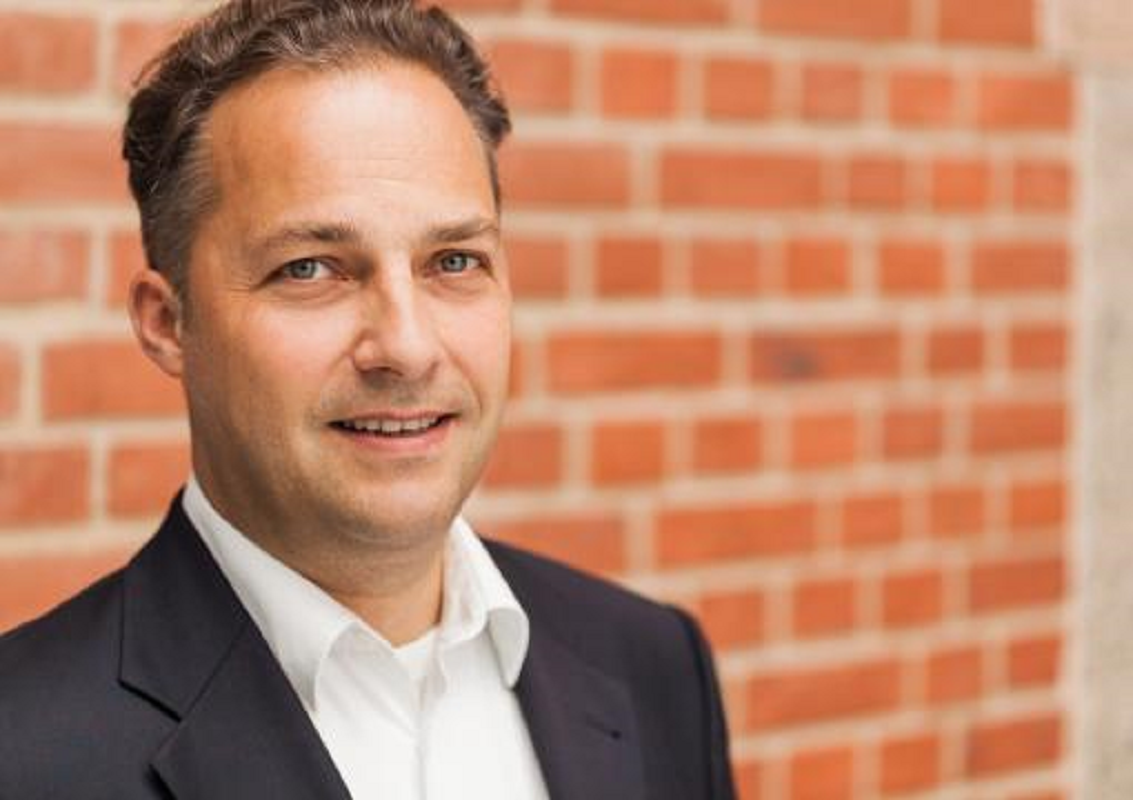Preview2018 - Urgent need to reform renewables levy and grid fees -bne
CLEW: Which topics or events do you think will shape Germany’s energy and climate policy in 2018?
Robert Busch: The question of how to deal with the remaining coal-fired power stations in Germany will, of course, be a major issue for any new government. A price for CO2 would be an option to foster a phase-out in a market-friendly way. But, aside from that, any new government in office will have to deal with the surcharges on electricity prices. This system must be reformed. Currently, it is almost impossible to bring renewable energies into the heating or mobility sectors. The main reason is the system of surcharges, which makes electricity from renewable sources more expensive than fossil energy. The bne proposed to impose the renewable energy support costs, which are currently solely financed through a surcharge on the use of electricity, in parts on the use of fossil energy as well. This would slightly increase the price of light heating oil, and using electricity from PV or wind energy sources in the heating sector would become more attractive. The system of grid fees also needs to be revised, as it is not applicable to a decentralised energy system. We expect to at least see the start of a debate on how a future system that enables flexibility should be designed.
Do you expect Germany to achieve its self-imposed goal of reducing its greenhouse gas emissions by 40 percent by 2020 compared to 1990 levels? What needs to happen to achieve the target, or to at least come close to achieving it?
Looking at the ongoing discussions between the political parties on building a new government, no quick actions are to be expected. From our point of view, it is more important to set up the right framework to reach the 2050 climate goals, meaning to reduce carbon emissions by up to 95 percent, rather than focusing on 2020 only. A first step should be the introduction of an adequate price for CO2. A price higher than 30 euros per tonne would be a good start. Germany should follow the initiative of French President Emmanuel Macron here. A CO2 price would send a clear signal to the market and investors that fossil energies are going to be more expensive in the future. This would result in a major push for investment in clean technologies without introducing any new subsidies. And it would, of course, result in a phase-out of the remaining coal-fired power stations.
Which are the most pressing energy and climate policy issues that will have to be tackled in 2018?
We expect decisions to be made on the future of coal and on the introduction of a price for CO2 by the end of next year. Depending on when a new government comes into office, we will see signals for a reform of the Renewable Energy Act. Finally, there has been a delay in implementing the rules on digitising the energy sector, which must also be addressed very soon. The bne would like to see a process that leads to a new digital energy policy.

